We can’t know how Google Search actually treats them, but we can know how Google’s Structured Data Testing Tool handles such a case.
Same URI
If objects have the same URI (in JSON-LD: @id), they are the same. Google’s SDTT will display one entry showing properties from all objects with the same URI. So judging from the output in SDTT, Google seems to treat these two cases equally:
<script type="application/ld+json">
{ "@context":"http://schema.org",
"@type":"WebPage",
"@id": "#123",
"url":"pageurl",
"text": "blah blah blah"
}
</script>
<script type="application/ld+json">
{ "@context":"http://schema.org",
"@type":"WebPage",
"@id": "#123",
"url":"pageurl"
}
</script>
<script type="application/ld+json">
{ "@context":"http://schema.org",
"@type":"WebPage",
"@id": "#123",
"text": "blah blah blah"
}
</script>

Different (or no) URI
The default assumption is that the objects describe different things. However, if certain (typically unique) properties have the same values (telephone, address, name etc.), a consumer like Google Search might deduce that the objects describe the same thing -- this is not standardized, though, and if/when consumers do this is not documented.
